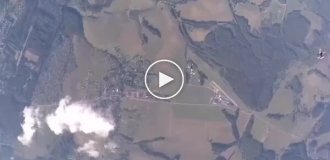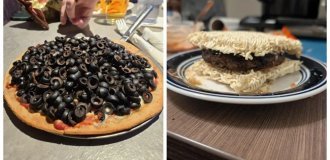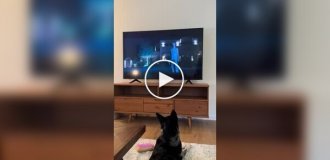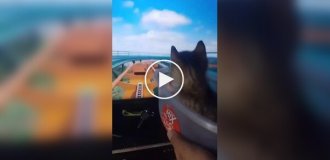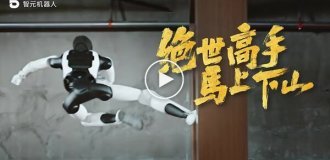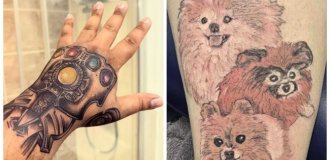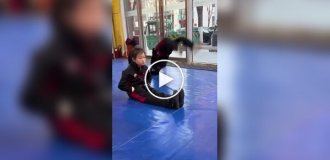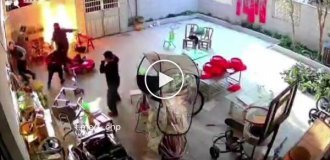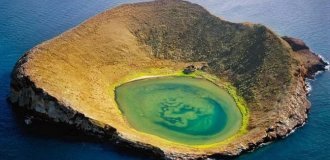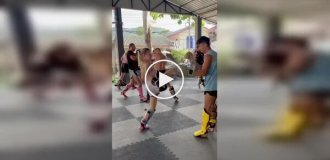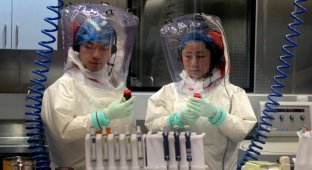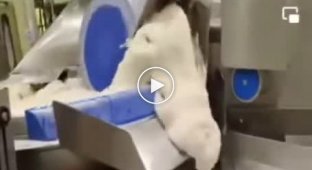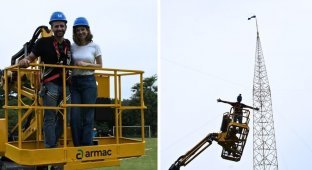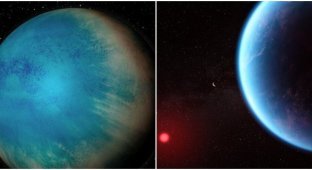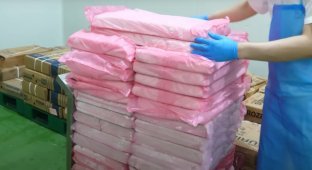Scientists have created glow sticks that can identify bio-threats in 15 minutes (4 photos)
Researchers in Houston have discovered that regular glow sticks, often used at parties, can be used to detect biological threats and viruses. 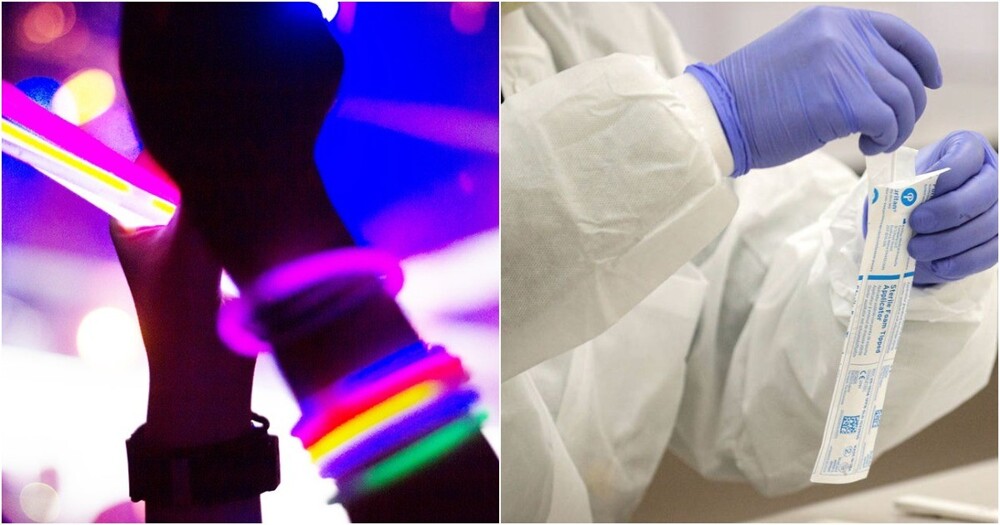
Chemical engineering professor Bin Wu and research assistant professor Ekaterina Kurenzi have developed a technique for using glow sticks for scientific purposes. Their research showed that vibrating these rods stimulates a closely related dye that produces the brightness and color of the rods.
This technology can be used to detect all kinds of harmful viruses and bacteria. In short, this is how it works. A nasal swab is taken, placed on a special cassette, and a reagent that activates the glow is added. Results in 15 minutes via an app on your smartphone. Scientists are confident that their discovery will be very useful in the early stages of identifying infections. 
Dr. Bin Wu and a prototype dark box adapter for testing for bio-threats.
Research confirms the high efficiency of luminous tests in comparison with other rapid tests. Willson calculated the cost: $2 and a reader for $20 - this equipment can be reused. Glow stick tests require less liquid, so they are much cheaper than traditional ones.
Scientists are confident that glow stick technology can be used to test for HIV, as well as viral diseases like COVID-19, influenza and RSV, food allergies, pet health or environmental conditions. 
Bin Wu, Richard Wilson and Katerina Kurenzi from the University of Houston worked on the glow stick project.
But they don’t plan to use this invention on civilians; it is intended only for the military.
Dr. Richard Wilson, Huffington-Westemeyer Professor of Chemical and Biomolecular Engineering at the University of Houston, laid out a scenario for how this could be applied in a military setting.
“Let’s imagine that in some kind of green camouflage, a young man knocks down the door of a barn somewhere in the countryside of Afghanistan or the United States and goes into an incomprehensible room that looks like an ordinary laboratory. His goal seems to be to collect data and protect his team. Our invention will definitely help him with this.” 
Navy spokeswoman Commander Jess McNulty of the Bureau of Medicine and Surgery confirmed the deployment of the new technology.
“Naval Medical Science Command's biological defense research is developing new scientific approaches to enhance the Navy and Department of Defense's biological defense capabilities,” McNulty said. “In collaboration with the University of Houston, the Medical Science Command is developing innovative devices for testing antibodies to biothreats with increased sensitivity.”
